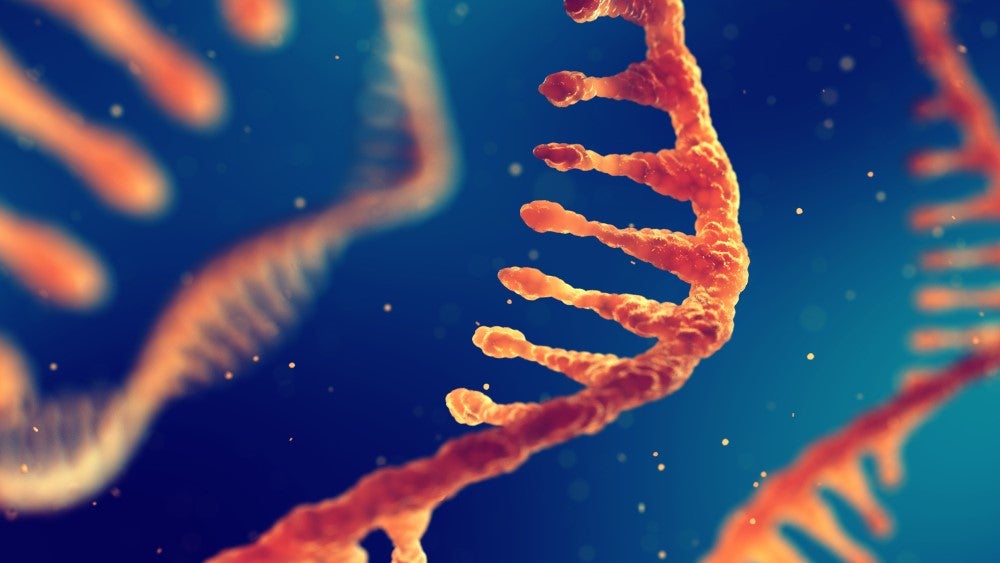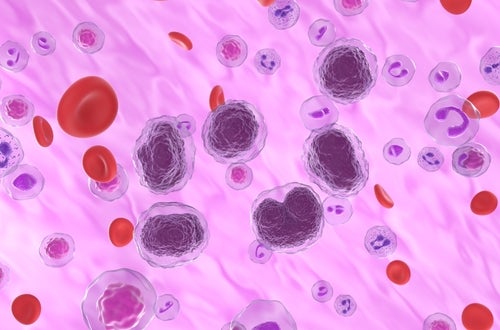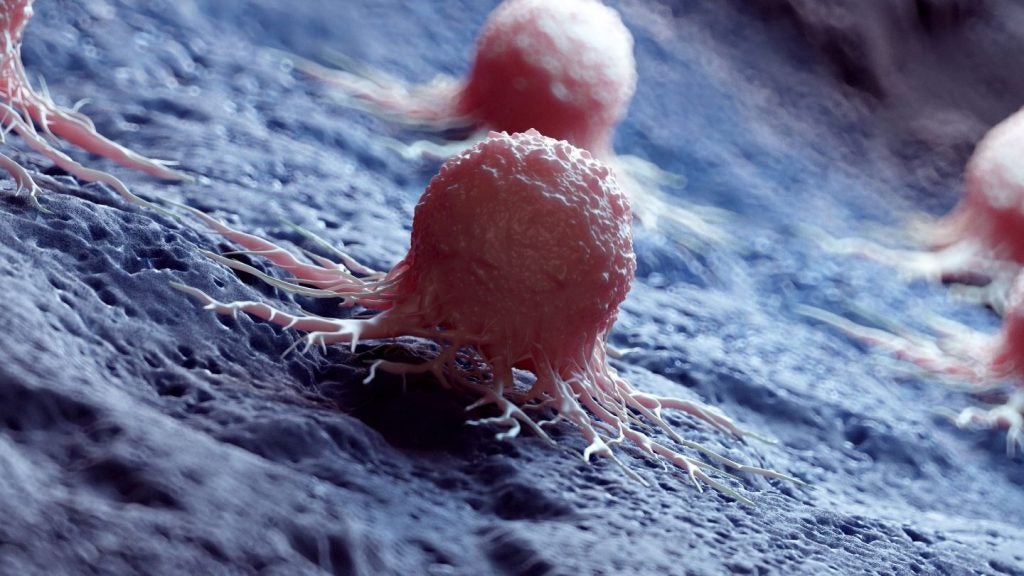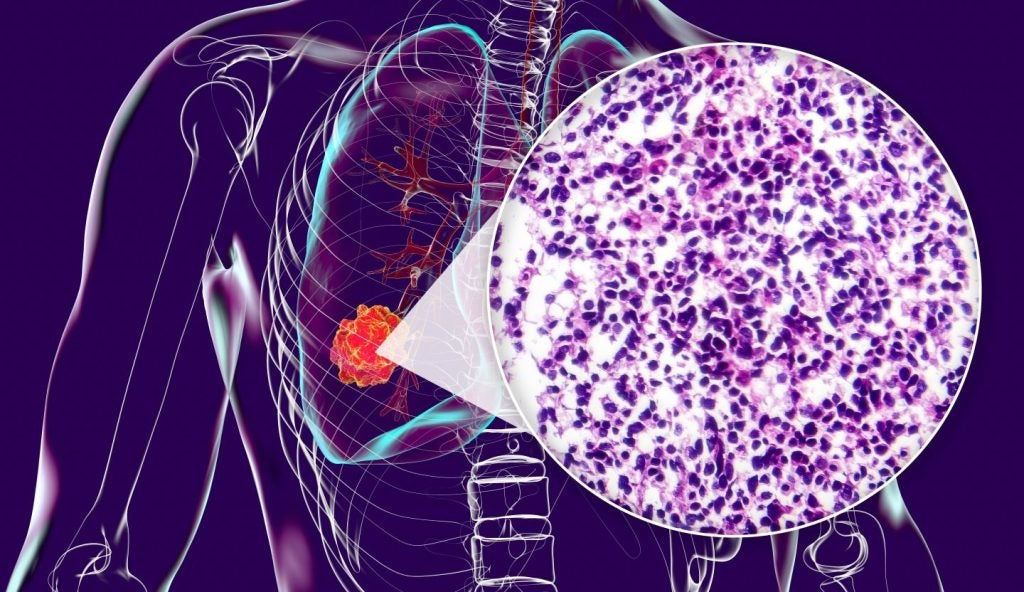Daiichi Sankyo has partnered with a French startup Depixus to accelerate its RNA-targeted drug discovery programme
The collaboration will leverage Depixus’ magnetic force spectroscopy-based MAGNA technology to analyse how Daiichi Sankyo’s lead molecules interact with undisclosed RNA targets. The use of the technology is expected to de-risk Daiichi Sankyo’s pipeline, as per a 12 December press release.
The use of RNA technologies beyond mRNA-based Covid-19 vaccines has been increasing in recent years. In May 2023, BioNTech published positive data for its RNA vaccine in pancreatic cancer patients. In the Phase I trial, half of the patients who received the combination therapy of the vaccine and Roche’s Tecentriq (atezolizumab) had a longer recurrence-free survival at 18 months.
In June, Moderna and Merck (MSD) presented data from the Phase II study (NCT03897881) showing that the use of mRNA-4157 vaccine, jointly developed by both companies, in combination with MSD’s Keytruda (pembrolizumab) reduced the risk of distant metastasis or death in patients with high-risk stage III/IV melanoma by 65%.
A month later, Novartis acquired DTx Pharma, a preclinical startup that specialised in small interfering RNA (siRNA) treatments. Roche licensed Alnylam’s hypertension RNAi therapy, zilebesiran, for $310m in upfront payment during the same period. The latter is also entitled to milestone and royalty payments. Both companies will share the marketing costs and profits from the drug in the US, whilst Roche will be solely responsible for these outside the US.
MAGNA technology can be used to study molecular interactions between DNA, RNA, proteins, and small molecule therapeutics, which can in turn inform RNA-targeted drug discovery. Depixus is also seeking partnerships with global pharmaceutical and biotech partners for drug discovery. The French company also plans to commercially launch its MAGNA One instrument in 2024.
Daiichi Sankyo scored a win for its mRNA Covid-19 vaccine Daichirona last month. The Omicron XBB.1.5-adapted monovalent mRNA vaccine was approved as a booster for Covid-19 by Japan’s Ministry of Health, Labour and Welfare (MHLW). Apart from RNA-based therapies, the Japanese company signed an agreement with MSD to develop and commercialise three DXd antibody-drug conjugate (ADC) candidates. The earliest US biologics licence application (BLA) submission for one of the ADCs patritumab deruxtecan is planned for March 2024.















